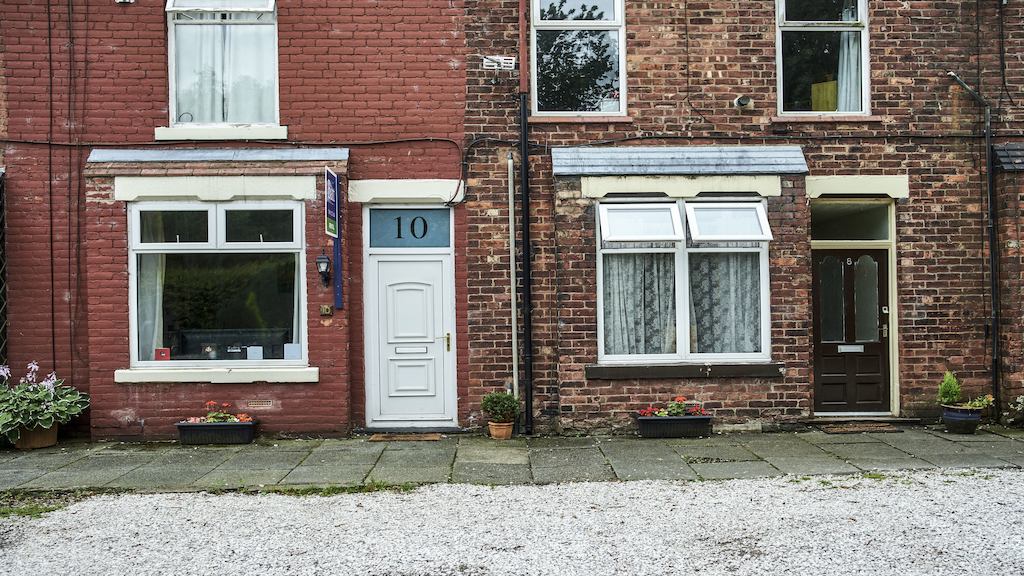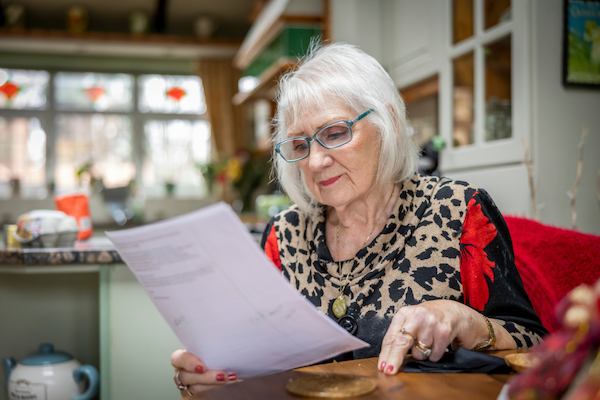So, what can we do to tackle this? Ageing Better recently announced a five-year partnership with Greater Manchester Combined Authority (GMCA) to develop and share innovative approaches to tackling social, economic and health inequalities. Housing has been identified as one of the key early priorities. Through this local approach, we have an opportunity to look at new innovative models of housing that will not only support Greater Manchester to ensure more of its older residents live in suitable and adapted housing, but seek answers to the national housing crisis.
While the interest in the housing debate is growing, there is still no clear policy on how we are going to tackle the rapidly changing housing market, particularly around issues of accessibility. It’s time we look for new ways to support individuals to access more suitable and diverse options and supply of housing.


